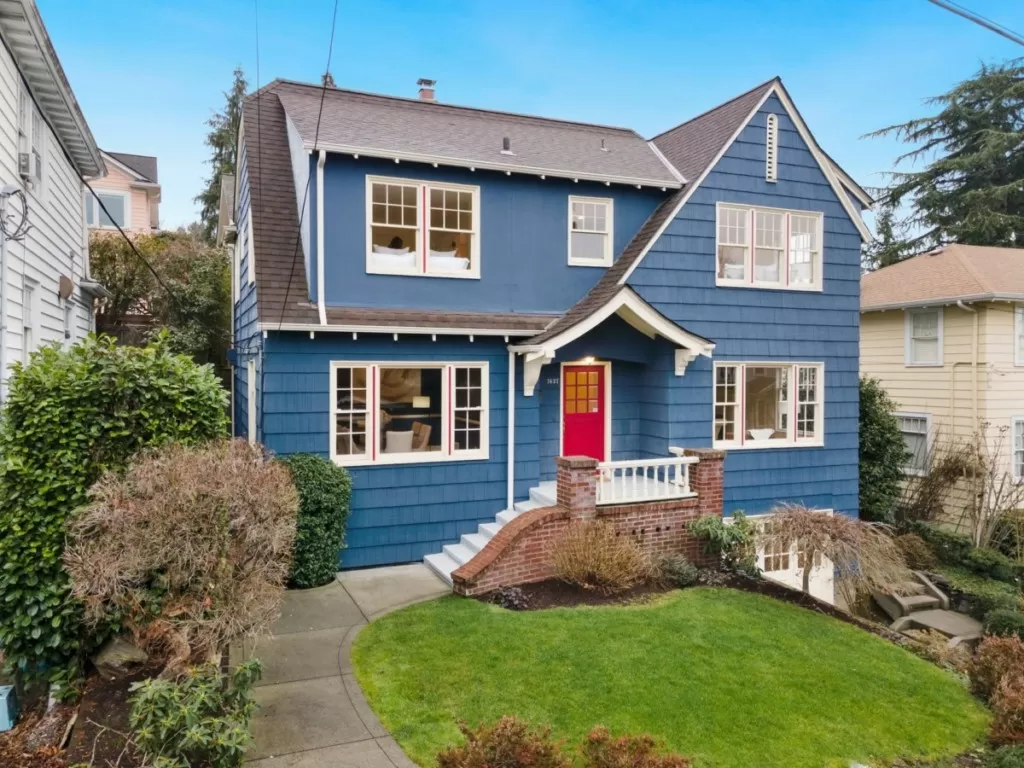Rent-to-own homes have become a popular option for those looking to own a home but may not have the means to do so immediately. This program offers renters the opportunity to lease a property with the option to buy at the end of their lease term. It can be an attractive alternative for those who may not qualify for a traditional mortgage or want to take their time before committing to a home purchase. In this complete guide, we will explore how rent-to-own works and whether it is the right path for achieving homeownership.
How Does Rent-To-Own Work?
Rent-to-own, also known as lease-to-own or lease-purchase, is a real estate agreement that combines the features of both renting and buying a property. It typically involves a lease agreement between a landlord and a tenant, with the added option for the tenant to purchase the property at a predetermined price at the end of their lease.
The process typically starts with the tenant signing a lease agreement with the landlord, which includes details such as the monthly rent, rent duration, and the option to purchase the property. The tenant also pays an upfront option fee, which is usually non-refundable and can range from 1-5% of the property’s purchase price.
During the lease term, the tenant pays rent to the landlord, just like any other traditional rental agreement. However, a portion of the rent may go towards the eventual purchase of the property, which is known as a rent credit. This credit can be used as a down payment or towards the purchase price of the home at the end of the lease.
Once the lease term ends, the tenant has the option to exercise their right to buy the property. If they choose to do so, they will need to secure financing and purchase the property from the landlord at the agreed-upon price. If they decide not to buy, they can simply walk away without any further financial obligation to the landlord.
Is Rent-To-Own the Right Path to Homeownership?
While rent-to-own may seem like a convenient and attractive option for those looking to own a home, it is not suitable for everyone. Before considering this alternative, it is essential to understand the pros and cons and determine if it is the right path for achieving homeownership.
Pros:
1. Flexibility: Rent-to-own offers flexibility for those who may not be ready or able to buy a home immediately. This program allows the tenant to live in the property and save up for a down payment while still building equity through their rent credit.
2. Time to Improve Credit: If a potential homebuyer has a low credit score, they may not qualify for a traditional mortgage. Rent-to-own gives them time to improve their credit score while living in the property, making it easier to secure financing when the time comes to purchase.
3. Test the Home: Rent-to-own allows the tenant to live in the property and experience it firsthand before committing to a purchase. This gives them the opportunity to discover any potential issues with the home and make an informed decision.
Cons:
1. Non-Refundable Option Fee: The upfront option fee is non-refundable, meaning that if the tenant chooses not to buy the property, they will lose this money. This can be a significant financial setback and should be carefully considered before entering into a rent-to-own agreement.
2. Higher Purchase Price: Rent-to-own properties often have a higher purchase price compared to traditional market prices. This is because the landlord is taking on the risk of selling the property at a future date and may include this in the purchase price.
3. No Guarantee of Purchase: While the tenant may have the option to buy the property at the end of the lease, there is no guarantee that they will be able to secure financing or that the landlord will agree to sell. This can be a risk for those who have their heart set on a particular property.
In conclusion, rent-to-own can be a viable option for those looking to own a home but may not be ready to do so immediately. However, it is important to carefully consider the pros and cons and assess if this path is the right choice for your homeownership goals. If you decide to pursue rent-to-own, make sure to thoroughly read the agreement and consult with a real estate professional to ensure you understand all the terms and conditions.
Rent-to-own offers a unique opportunity for renters to become homeowners, and with careful consideration and planning

